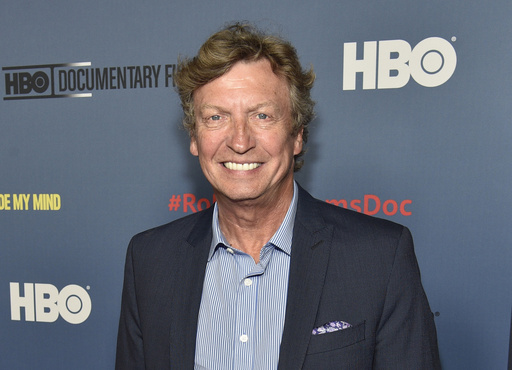Paula Abdul and Nigel Lythgoe, a former producer of the “American Idol” series, have reached an agreement to settle a lawsuit that Abdul had filed, in which she accused Lythgoe of sexually assaulting her during the early 2000s while she served as a judge on the show.
Abdul submitted a notification of the settlement on Thursday to the Los Angeles Superior Court, although the agreement still awaits judicial approval.
“I am thankful that this chapter has successfully concluded, allowing me to move forward,” Abdul expressed in a statement released on Friday. “This journey has been a challenging and prolonged personal struggle. I hope my story can motivate other women facing similar adversities to tackle their challenges with grace and respect, encouraging them to turn a fresh page in their lives.”
Lythgoe also shared his sentiments, stating, “We are currently living in a society where individuals are often presumed guilty before being proven innocent, a process that can often extend over several years. Like Paula, I am also relieved to put this matter behind me. I stand by the truth of my perspective, and that knowledge provides me with considerable solace.”
Although the court documents indicated that the settlement is unconditional, specific details concerning the agreement have not been disclosed. Abdul’s attorney, Melissa Eubanks, stated she could not comment on the particulars of the settlement.
The lawsuit, which was initiated almost a year prior, included allegations of sexual assault against Lythgoe that occurred after Abdul had left “American Idol” to become a judge on Lythgoe’s competing reality series, “So You Think You Can Dance.” At that time, Lythgoe expressed his disbelief and sorrow over the claims, referring to them as an “appalling smear.”
Following the surfacing of other lawsuits alleging sexual misconduct, Lythgoe decided to resign from his position as a judge on “So You Think You Can Dance” in January. The 75-year-old producer hails from England and has a long-standing career in both British and American television, specifically in reality competition programs like “American Idol.”
Typically, victims of sexual assault are not publicly identified unless they choose to come forward, which Abdul has done.
In her lawsuit, Abdul detailed that she had remained silent for years out of concern for potential retaliation from “one of the most recognized producers of television competition shows.” She claimed that the first incident of assault occurred when they were traveling for auditions for an early season of “American Idol,” which debuted in 2002. Abdul recounted that Lythgoe groped her inside the hotel elevator following a long day of filming and proceeded to attempt to kiss her forcefully. Abdul managed to escape and hurried to her hotel room once the elevator doors opened.
“Upset, Abdul quickly reached out to one of her representatives to report the assault but ultimately chose not to pursue any claims due to fear that Lythgoe would terminate her from the show,” the lawsuit stated.
She served as a judge on “American Idol” for its initial eight seasons, concluding her involvement in 2009. Subsequently, she joined “So You Think You Can Dance” as a judge in 2015, sharing the panel with Lythgoe.
Abdul further alleged in her lawsuit that during a dinner at Lythgoe’s residence, he forced himself onto her and attempted to kiss her again. Abdul said she resisted his advances and left the dinner immediately.
After two seasons on “So You Think You Can Dance,” Abdul departed from the show and has not collaborated with Lythgoe since. Previously in response to the lawsuit, Lythgoe remarked, “While Paula’s pattern of unpredictable behavior is commonly recognized, I find it difficult to understand why she would file a lawsuit she must know is false.”
